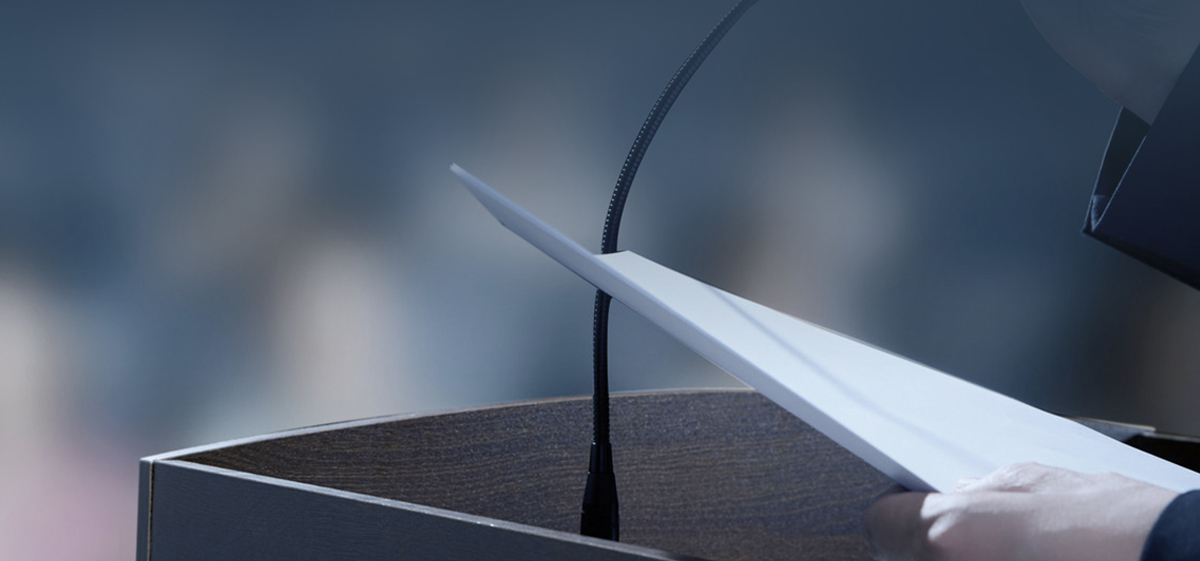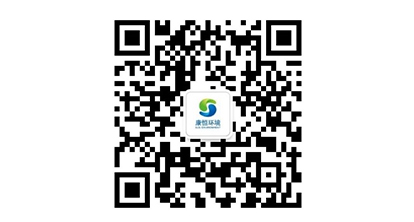THYE CHEE HOW: Bringing the world's most advanced waste-to-energy technology to Malaysia.
Publishdate:2023-08-11 Views:487
THYE CHEE HOW from Malaysia has been working in a China-invested company since 2017, he has more than 10 years of working experience in the environment and energy industry. In 2021, he joined SUS Environment, and now he serves as the Country Representative for Malaysia and Investment Director of SUS Environment.
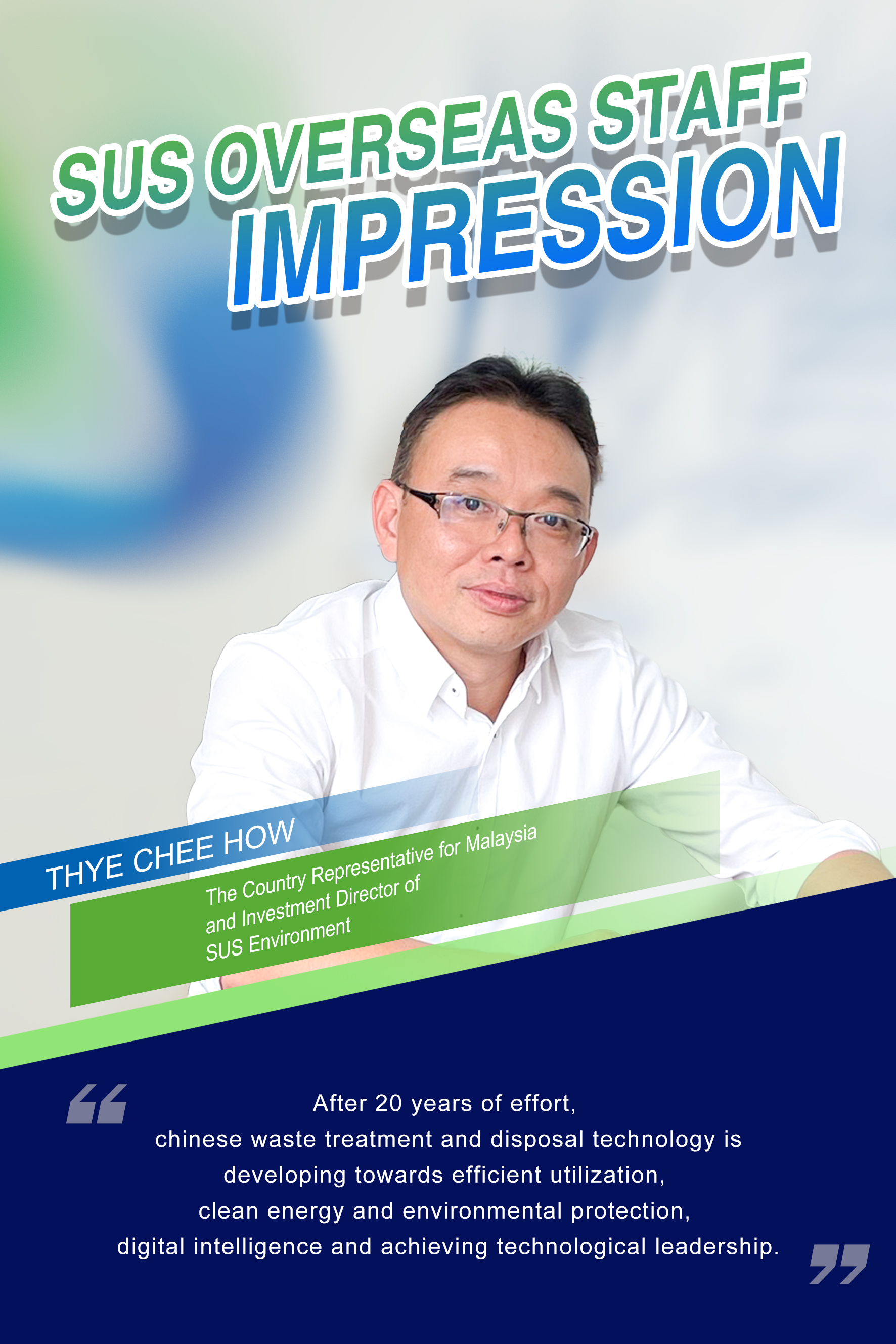
“Bringing the world's most advanced waste treatment and disposal technology to Malaysia.”
The landfill has been the most popular solid waste disposal method in the world. Malaysia has always used landfills for waste disposal. Southeast Asia's special climate and geographical construction set a high requirement for waste treatment technology.
Malaysia is committed to achieving carbon neutrality by 2050, with renewable energy generation accounting for the majority of the total electricity production. Currently, coal-fired power generation remains the primary source of electricity in the country. Waste to energy offers significant carbon reduction benefits compared to landfilling.
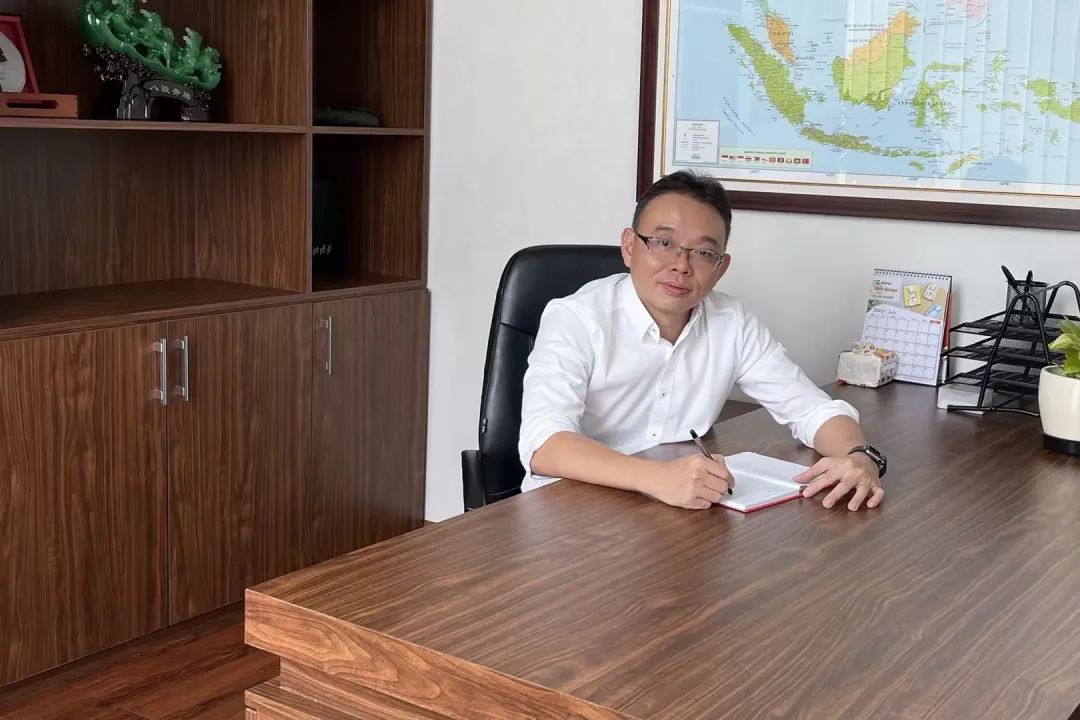
Many Chinese-invested companies and Euro-American companies tried to promote their WtE technology in Malaysia. In China, SUS WtE technology has a market share of nearly 40%. SUS technology can not only adapt to the southernmost project in hot and humid Sanya, which operates steadily non-stop for 18 consecutive months, but also the westernmost project in Lhasa with 2/3 of normal oxygen content and ultra-low temperature, and also the northernmost project in Harbin with ultra-low temperatures as low as -30℃.
"Waste disposal has long been a concern for Malaysia. I'm really delighted to bring advanced technology to Malaysia, and hope to have more skilled and experienced waste disposal personnel in Malaysia".
In THYE’s opinion, after 20 years of effort, China has not only surpassed the combined waste incineration capacity of Europe, USA and Japan. Chinese waste treatment and disposal technology is developing towards efficient utilization, clean energy and environmental protection, digital intelligence and achieving technological leadership.
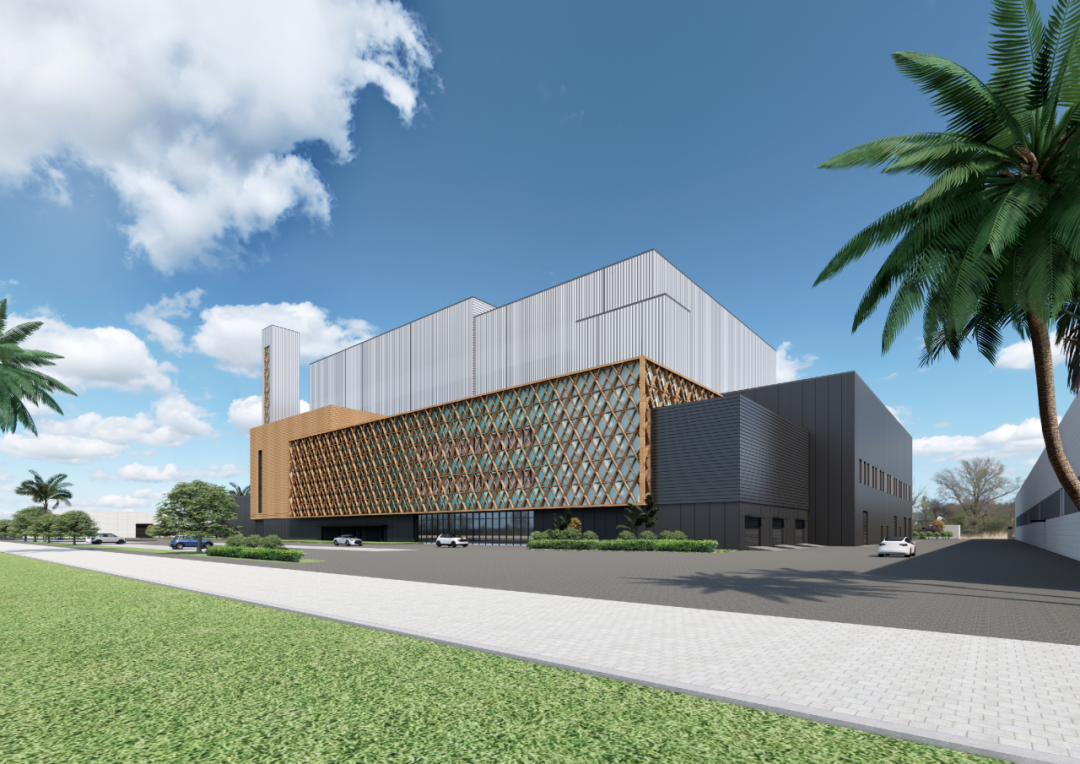
“A Diverse, Inclusive and Warm team environment helped me integrate into team quickly.”
Malaysia Representative Office was officially established in September 2022.
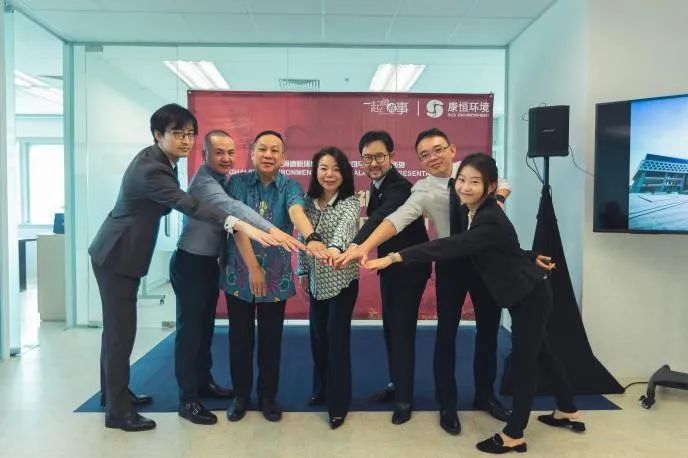
Before that, THYE CHEE HOW often commuted between China and Malaysia. When asked if working remotely from the company's headquarters in Shanghai presented challenges, he firmly responded, "Never. Because SUS Environment adopts localized management. When entering a new market, the headquarters sends employees in advance to integrate with the local team. Headquarters employees usually don't stay for just a few months but are genuinely stationed overseas to conduct business. All benefits and perks are aligned with local standards.
Last month, THYE CHEE HOW returned to Shanghai and participated in the international employee culture integrated project with other overseas colleagues.
"Although we come from different countries, everyone is very harmonious. Chinese colleagues at headquarters are friendly and respectful of cultural differences. Every visit to the headquarters is a great experience". In an atmosphere of diversity, inclusivity, and equality, the cross-border flow and sharing of knowledge and experience continue to create value.
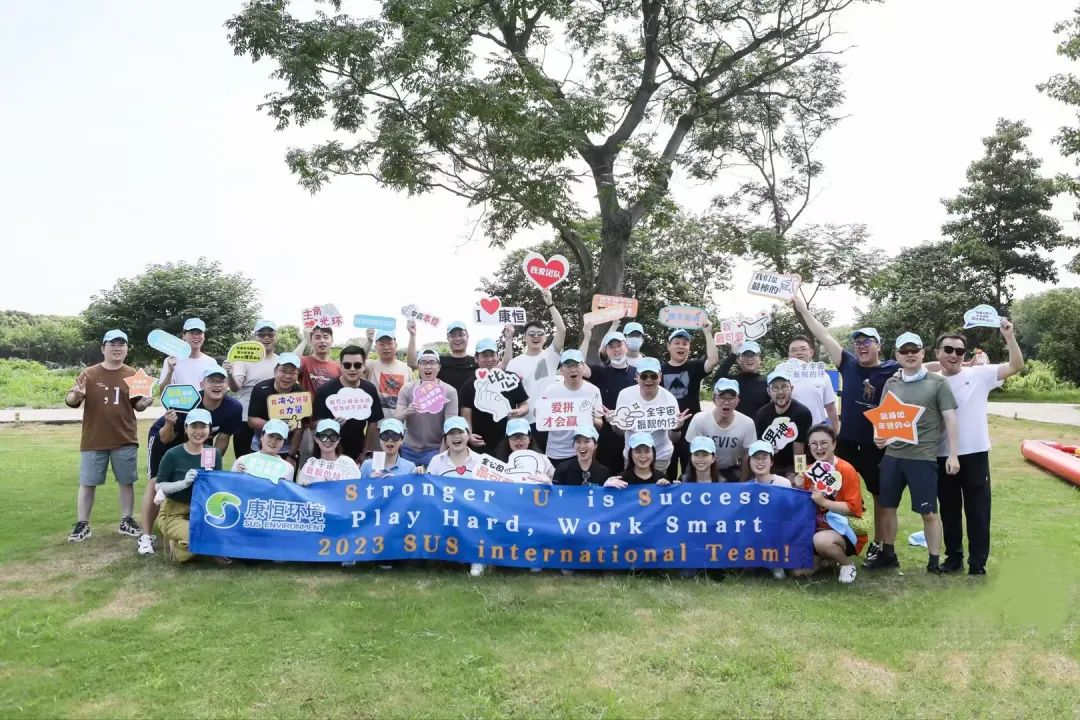
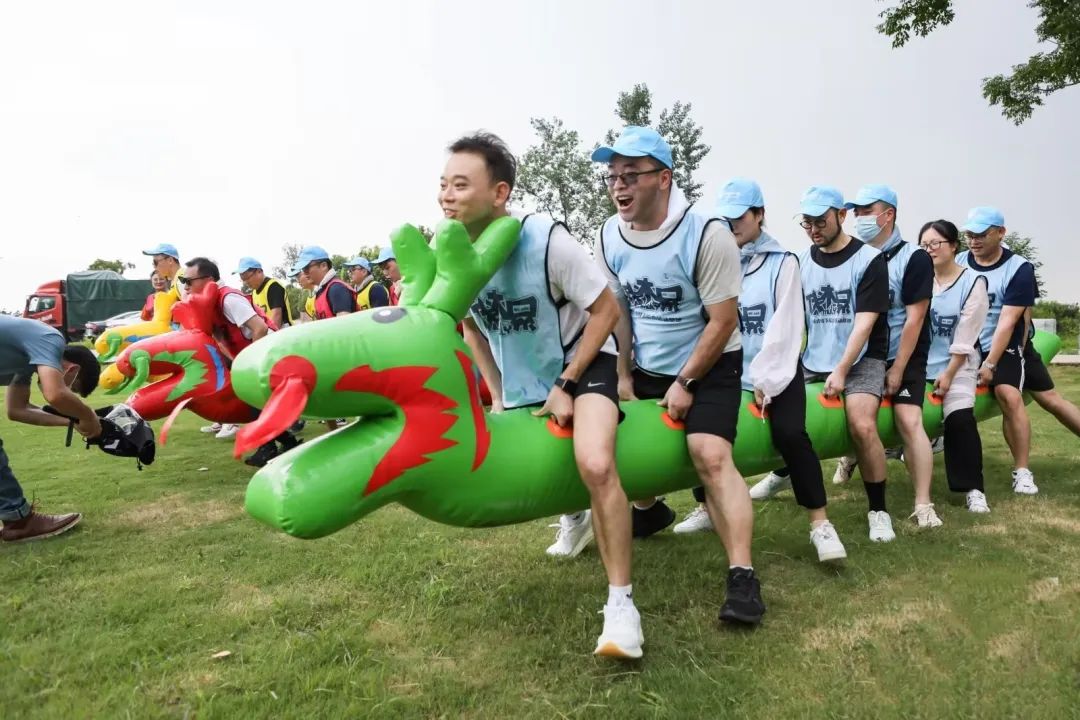
Chinese Cultural inheritance is carved in the heart as a Malaysian of Chinese Descent
As a fourth-generation Malaysian Chinese from Guangdong ancestry, THYE CHEE HOW grew up with education that blended both Chinese and Western influence. "Malaysian culture and Chinese culture have commonalities. Malaysia is one of the best-preserved countries in Southeast Asia when it comes to Chinese culture. My family always emphasized the importance of learning Chinese, and this cultural immersion has also helped me in my career."
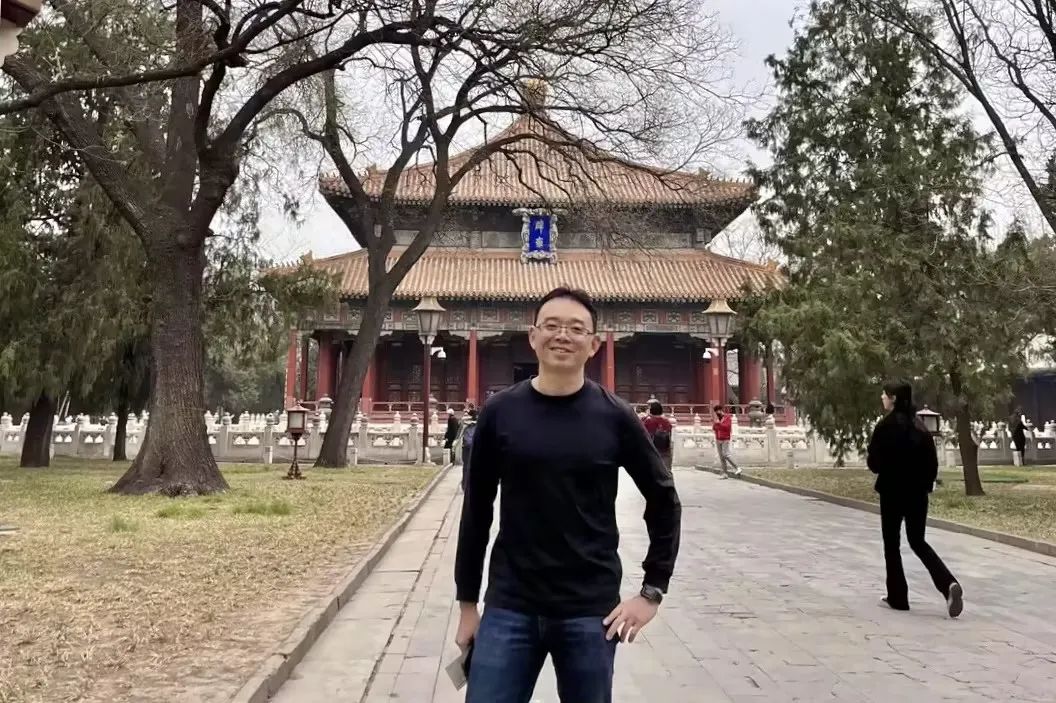
Just as his ancestors ventured into Southeast Asia in the early 19th century, using diligence and hard work to open out a new world,
The same pioneering spirit flows in his veins. He studied abroad in the UK during university and now travels around the world, believing that he can bring the world's advanced waste disposal technology back to Malaysia and contribute to the realization of the Sustainable Development Goals (SDGs).
THYE CHEE HOW from Malaysia has been working in a China-invested company since 2017, he has more than 10 years of working experience in the environment and energy industry. In 2021, he joined SUS Environment, and now he serves as the Country Representative for Malaysia and Investment Director of SUS Environment.

“Bringing the world's most advanced waste treatment and disposal technology to Malaysia.”
The landfill has been the most popular solid waste disposal method in the world. Malaysia has always used landfills for waste disposal. Southeast Asia's special climate and geographical construction set a high requirement for waste treatment technology.
Malaysia is committed to achieving carbon neutrality by 2050, with renewable energy generation accounting for the majority of the total electricity production. Currently, coal-fired power generation remains the primary source of electricity in the country. Waste to energy offers significant carbon reduction benefits compared to landfilling.

Many Chinese-invested companies and Euro-American companies tried to promote their WtE technology in Malaysia. In China, SUS WtE technology has a market share of nearly 40%. SUS technology can not only adapt to the southernmost project in hot and humid Sanya, which operates steadily non-stop for 18 consecutive months, but also the westernmost project in Lhasa with 2/3 of normal oxygen content and ultra-low temperature, and also the northernmost project in Harbin with ultra-low temperatures as low as -30℃.
"Waste disposal has long been a concern for Malaysia. I'm really delighted to bring advanced technology to Malaysia, and hope to have more skilled and experienced waste disposal personnel in Malaysia".
In THYE’s opinion, after 20 years of effort, China has not only surpassed the combined waste incineration capacity of Europe, USA and Japan. Chinese waste treatment and disposal technology is developing towards efficient utilization, clean energy and environmental protection, digital intelligence and achieving technological leadership.

“A Diverse, Inclusive and Warm team environment helped me integrate into team quickly.”
Malaysia Representative Office was officially established in September 2022.

Before that, THYE CHEE HOW often commuted between China and Malaysia. When asked if working remotely from the company's headquarters in Shanghai presented challenges, he firmly responded, "Never. Because SUS Environment adopts localized management. When entering a new market, the headquarters sends employees in advance to integrate with the local team. Headquarters employees usually don't stay for just a few months but are genuinely stationed overseas to conduct business. All benefits and perks are aligned with local standards.
Last month, THYE CHEE HOW returned to Shanghai and participated in the international employee culture integrated project with other overseas colleagues.
"Although we come from different countries, everyone is very harmonious. Chinese colleagues at headquarters are friendly and respectful of cultural differences. Every visit to the headquarters is a great experience". In an atmosphere of diversity, inclusivity, and equality, the cross-border flow and sharing of knowledge and experience continue to create value.


Chinese Cultural inheritance is carved in the heart as a Malaysian of Chinese Descent
As a fourth-generation Malaysian Chinese from Guangdong ancestry, THYE CHEE HOW grew up with education that blended both Chinese and Western influence. "Malaysian culture and Chinese culture have commonalities. Malaysia is one of the best-preserved countries in Southeast Asia when it comes to Chinese culture. My family always emphasized the importance of learning Chinese, and this cultural immersion has also helped me in my career."

Just as his ancestors ventured into Southeast Asia in the early 19th century, using diligence and hard work to open out a new world,
The same pioneering spirit flows in his veins. He studied abroad in the UK during university and now travels around the world, believing that he can bring the world's advanced waste disposal technology back to Malaysia and contribute to the realization of the Sustainable Development Goals (SDGs).



